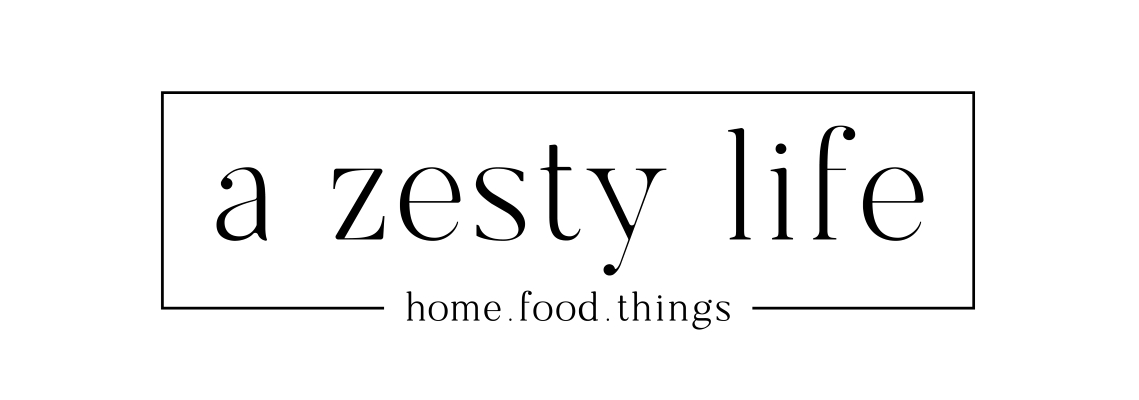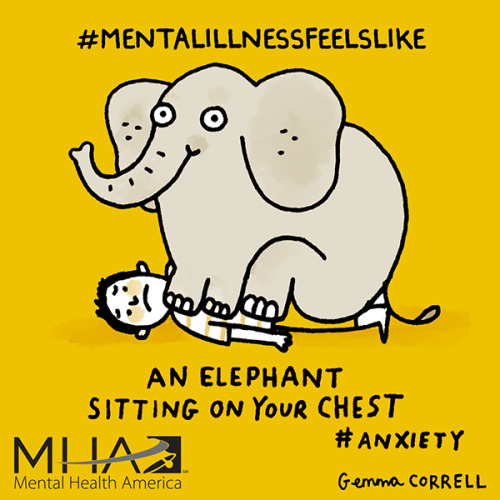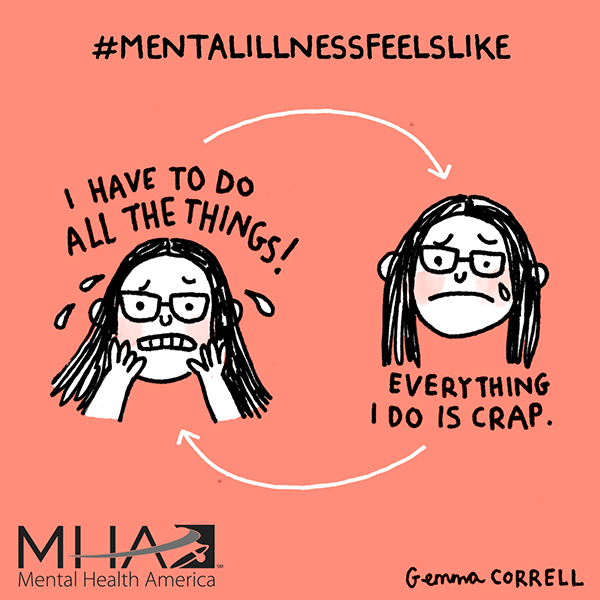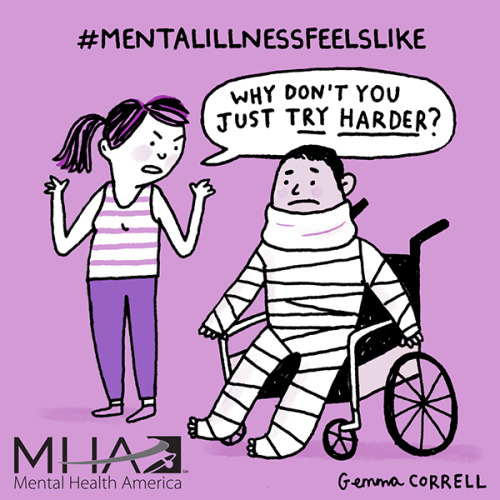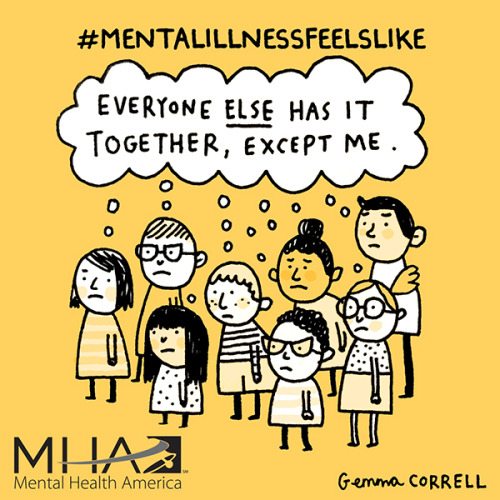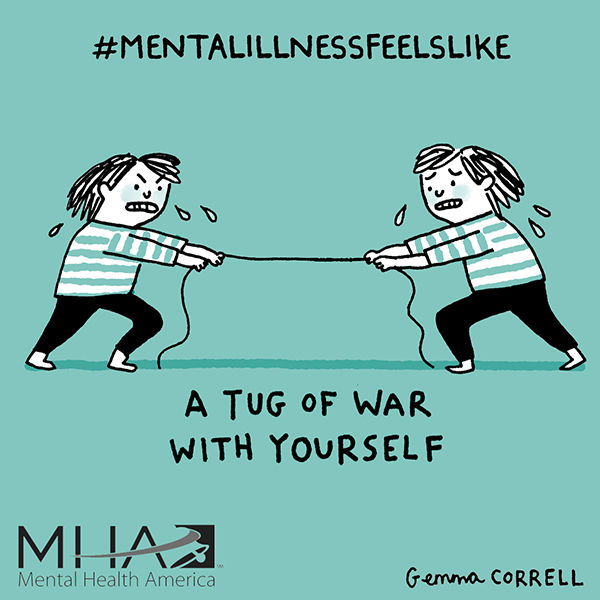Are you rolling your eyes? Or maybe sitting up a bit straighter? Or maybe you’re pretending not to be really interested in this topic, but on the inside you know you should pay attention? You are not the only one.
In July this year, I worked on a feature about Mental Illness Awareness for a newspaper. In preparation for the article, I asked my Facebook community if anyone will be willing to share their anxiety / depression story. Phew, was I surprised & shocked about the messages in my inbox. I guess I knew this, but it was once again confirmed that depression, stress, trauma, happy pills & anxiety effects so many people – even those who appear to have it all together. Yet we scoff, laugh & roll our eyes when people talk about any of these topics.
First the good news: mental health is achievable.
Then, let me ask why we find it so hard to normalise mental health issues for the illness that it is? Why is ok to go to the doctor for a sore leg or an achy tummy, but it is somehow still not ok to go to a mental health practitioner when your heart or mind or emotions hurt?
Here are some fact & figures that might answer these questions:
SOUTH AFRICANS HAVE A TOUGH TIME, BUT SEEK LITTLE HELP
Anxiety attacks, taking pills, depression, trauma & suicide thoughts are all part of our everyday lives.
According to SADAG* (South African Depression & Anxiety Group), 1 in 3 South Africans will have a mental illness at some point in their lives, but only 25% have access to treatment. Our suicide figures are shocking (23 successful & 460 unsuccessful suicides per day).
WOMEN SUFFER MORE
Those in the know will tell you that globally more women than men struggle with mental illness.
ADDICTION & SUBSTANCE ABUSE ARE MENTAL HEALTH ISSUES TOO
“Alcoholism is the most common mental illness in South Africa, followed by depression, substance abuse, anxiety, bipolar disorder & schizophrenia,” adds Dr Belinda Richards, a medical doctor attached to Metropolitan Health.
NOT ONLY A LOCAL PROBLEM
The World Health Organization (WHO) estimates that more than 350 million people currently suffer from depression. By 2020 it will be the second most common health problem in the world, explains Claire Newton, a psychologist from Durban.
MENTAL HEALTH ISSUES ARE STILL STIGMATISED
Yet, there are as many myths about mental illness as there are diagnoses, with the general perception that depression & anxiety is “all in the mind” – especially in certain circles. Although there are no available statistics on specific groups in South Africa, SADAG believes (from the calls that they receive) that stigma & misinformation about mental health are very common in African & Afrikaans circles – which makes it more difficult for these individuals to reach out.
“When compared with other diseases, there is an unexplained silence about depression,” said Dr Richards. “Especially in rural & disadvantaged communities. In many cases, depression is not seen as a ‘real’ illness & is dismissed as nothing. People also like to offer useless advice like “Just change your attitude!” & “Come on, life is not so bad!”
AWAREESS IS KEY
“We need to raise the profile of Mental Health by creating awareness, especially among the youth who are becoming increasingly affected by psychological & psychiatric conditions. I think it would be great to see more prominent local public figures – including actors, singers & celebrities – speaking positively & sincerely about mental health,” says psychiatrist Dr Mike West from Akeso Milnerton Clinic.
NO COOKIE-CUTTER APPROACH
Mental disorders are not only caused by one thing, but rather a variety of factors. Biological & genetic predisposition (innate vulnerability), together with the power of life experiences or trauma affects to what extent a person will be affected.
In South Africa, the growing prevalence of chronic diseases have a direct impact on our mental health as well as the demand for antidepressants, says Mariska van Aswegen, spokesperson for Pharma Dynamics, a generic pharmaceutical company specializing in the treatment of depression & anxiety.
Crime naturally also plays a role. “The potentially crippling effects of crime & violence on the health became particularly apparent in the 2013 South African National Health & Nutrition Survey,” says Dr. Richards. The study showed that individuals in countries with high levels of violence on family & community level are more vulnerable to developing post-traumatic stress & post-traumatic stress disorder (PTSD).
INTEGRATION IS KEY
Just as mental illnesses do not only have one cause, the treatment is also not one-dimensional. Claire believes that an integrated approach is important when mental disorders are addressed, which includes the following:
- Physical factors (body, hormone levels – a visit to your doctor, exercise, healthy diet & good sleep habits can help with this)
- Psychological aspects (mind, will & emotions – seeing a psychologist, contacting a helpline, counsellor or psychiatrist can be beneficial)
- Social issues (seek support from friends & family)
- Spiritual aspects (this includes your values, what you believe in & the purpose of life, a church, meditation assist)
SIGNS TO LOOK OUT FOR
Each mental illness has unique symptoms, but any drastic change in behaviour is a warning sign. Look out for these common symptoms & feelings as warning signs that you need help:
- A sense of hopelessness & you feel trapped
- Any feelings or the use of drugs that prevent you from carrying out your daily tasks
- Change in sleep patterns
- Mood swings or a change in your mood
- Changes in appetite
- The development of an addiction
- Isolation
- Physical symptoms such as headaches, migraines, fatigue, loss or weight gain, joint pain & chest pain
- Unexplained sadness
HERE’S HELP
Accessing help, or not knowing where to go or who to speak to can be challenging, but a good starting point is to acknowledge that something is not ok.
SADAG explains that people do better over the long-term if they feel safe & connected; have access to support, & regain a sense of control of their lives.
For anyone who needs further help, SADAG provides FREE telephonic counselling & nationwide referrals to Support Groups, Psychologists, Psychiatrists, Clinics, etc.
Call 0800 70 80 90, or SMS 31393 – 7 days a week, every day of the year, from 8am – 8pm. Visit http://www.sadag.org or http://www.clairenewton.co.za for more self-help tips, videos, local & international articles, questions & more.
The bottom-line: you don’t have to suffer alone. Ever. Big hugs & lots of love.
Yolandi ♥
* SADAG runs a 16-line toll-free counselling call centre; helps facilitate over 200 support groups nationwide; trains hundreds of volunteers; lobbies government for the rights of psychiatric patients & is a visible force in the press and media continually raising awareness about mental health issues & destigmatising what is all-too-often a very isolating category of illness.
** If you enjoyed these graphics, then head over to Gemma Correll’s Tumblr for more of her fab work.
